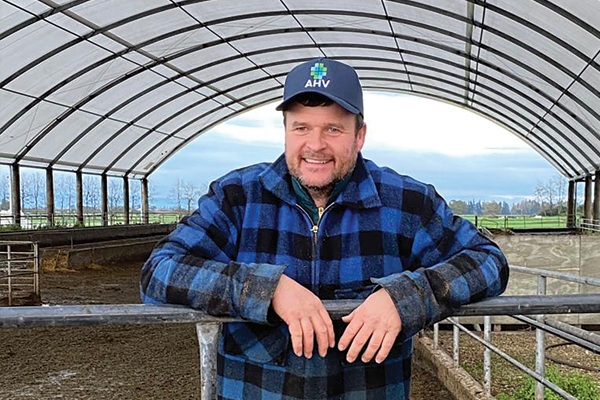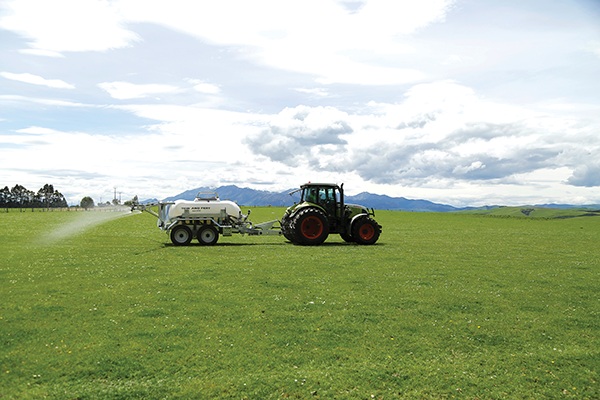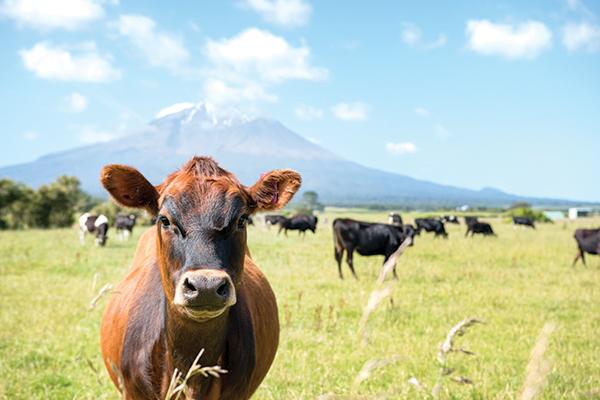Scott Adams’ large Marlborough property with its mix of native trees, forestry plantation, grape growing, honey production and sheep and beef farming that has been in the family since 1851.
Scott runs Coatbridge Farm in the Wairau Valley with his brother Whitley and parents Geoff and Liz, and recently completed his diploma in Agribusiness Management after plugging away on it for several years.
Both the vastness of the 1600-hectare property and the varied use pose plenty of challenges for the management team. It is made up of 800ha of native bush and trees, 400ha of exotic forestry, a 375ha sheep and beef operation and 24ha of sauvignon blanc grapes.
The grapevines require close management from October to April; while lambing and shearing take over during winter and spring. “There’s not much down time,” Scott says.
Scott says he gained new skills from undertaking the diploma and recommends others take the opportunity to upskill with the qualification. “It is a course that is worthwhile doing. It is a way of getting a higher level qualification while you are still working.
“It is a good thing for young people to do themselves or with the encouragement of their employer to help them gain new skills and move up the ladder.”
The programme covers four modules: Human Resource Management, Resource Management and Sustainability, Financial Management and Planning and Business Planning and Management.
Scott says the financial workings of the business are his strength and he enjoyed the modules on finance and business planning in particular. “It has helped me to be more up to date with cash-flow and budgeting and with decisions on what to do and where to spend money in the business.”
“It helps you understand the implications of your spending and your responsibilities with tax, GST and managing expenditure.”
He found developing ideas, goals and plans most valuable and used a new water storage reservoir as his case study for a business development plan.
Using a case study or business plan helped identify whether a piece of work or project was justified. “It also helps you know where you are going, so you do your research and then work within your budget rather than just doing a project and paying for it later.”
Scott says the family has a range of sustainable management practices, evidenced by the property still flourishing after being in the family for over 160 years. The grape growing operation is following the practices of Sustainable Wine Growing New Zealand.
With resource management and sustainability a hot topic he found this module useful with regard to the pastoral operation.
“It is thinking about what you are doing and how you are doing it, and how you can be conscious for example with the products you are using in your environment, like fertilisers and chemicals.”
Scott says he’s pleased to complete his diploma after starting it some time ago and encourages others to consider doing it.
“It is a challenge you can set yourself and achieve it. It is not all about the business, there is a bit of personal development as well challenging yourself to get a qualification.”
The Diploma in Agribusiness is fees-free under the Targeted Training and Apprenticeships Fund. For more information on this and to register your interest for 2021 go to www. primaryitodiploma.co.nz or call 0800 20 80 20.
- Supplied by Primary ITO.





